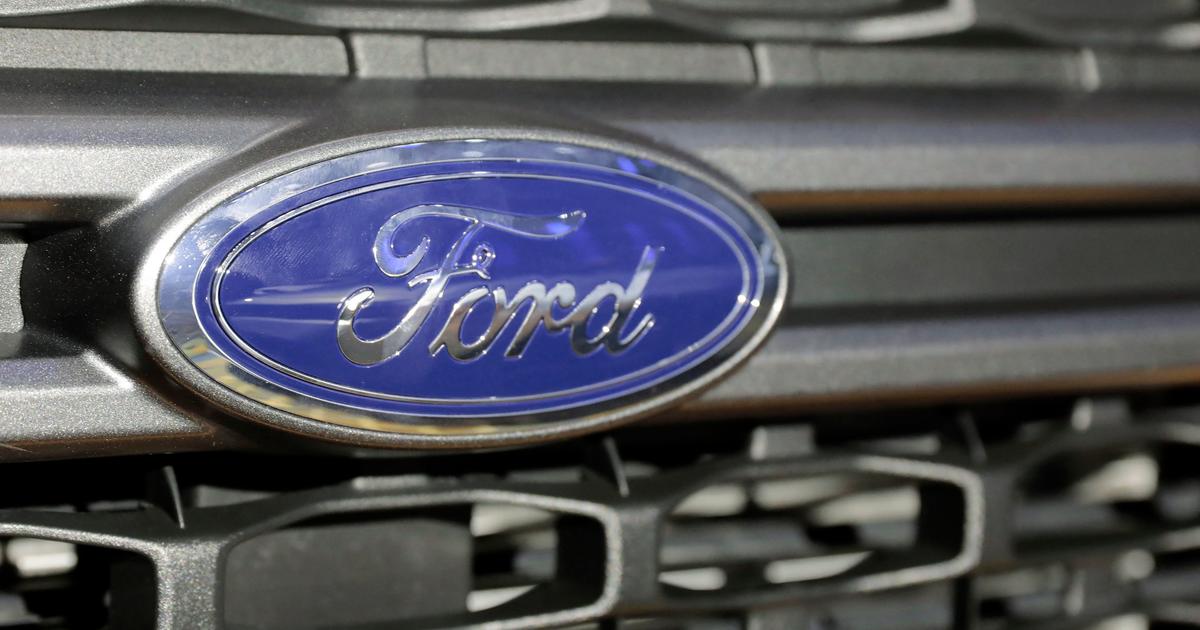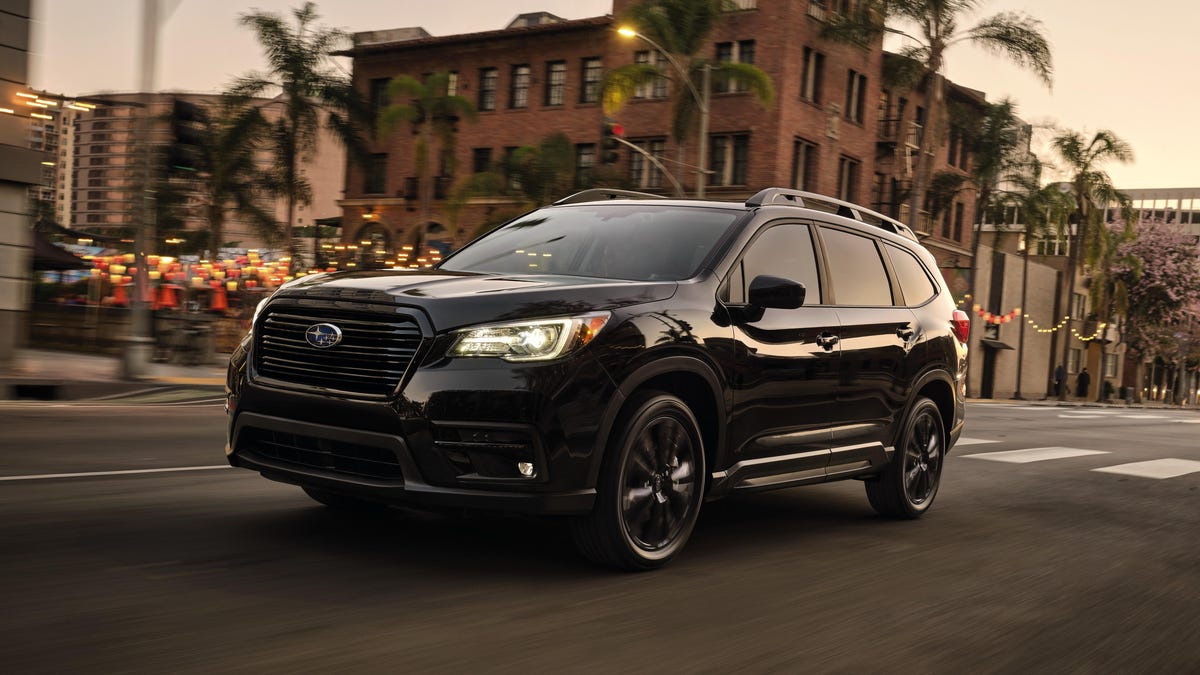thesmokingman
Active Member
Don't forget BMW, the king of parked ICE cars catching fire. Also, the assumption that an ICE parked cannot catch fire is patently false. BMW addresses by admitting that even while parked, ICE cars have ecu's that remain on and that there are still hot wires/sensors active that then can catch fire.How are you figuring those odds? I'm not saying you're wrong, but you've provided no evidence to prove you're right.
And not to pick on Hyundai/Kia, but:
> August 23, 2022 | Washington, DC
Hyundai Motor America and Kia America recommend that owners of select Model Year 2020-2022 Hyundai Palisade and Kia Telluride vehicles park their cars outside and away from homes and other structures until their vehicles have been repaired, due to new recalls for the risk of fire.
Additionally, a “stop sale” is being issued as of today’s filing, in accordance with federal regulations, for affected unsold vehicles at dealers and vehicle processing centers.
The recalls involve 245,030 Model Year 2020-2022 Hyundai Palisade vehicles (NHTSA ID: 22V-633) and 36,417 Model Year 2020-2022 Kia Telluride vehicles (NHTSA ID: 22V-626). An accessory tow hitch sold through dealerships may allow moisture into the harness module, causing a short circuit. In some cases, an electrical short can cause a vehicle fire while driving or while parked and turned off.
There are no confirmed fires, crashes or injuries related to this condition in the United States.
> Nov. 1, 2022, 5:56 PM EDT
By Rob Wile
Hyundai has issued a new recall for approximately 44,000 model year 2018 Hyundai Santa Fe Sport vehicles due to a risk of fire.
The anti-lock brake system (ABS) module could malfunction and cause an electrical short, which could result in an engine compartment fire while parked or driving, the company said.
> February 8th, 2022 Hyundai and Kia, two automakers that share a corporate parent, have each issued new recalls for vehicles that can catch fire. The recalled vehicles include 2016-2018 Hyundai Santa Fe, 2017-2018 Hyundai Santa Fe Sport, 2019 Hyundai Santa Fe XL, 2014-2015 Hyundai Tucson, and 2014-2016 Kia Sportage SUVs, and the 2016-2018 Kia K900 sedan. According to the automakers—which share parts, designs, and suppliers—owners of these vehicles should park their cars outdoors and away from structures until a recall repair is completed.
How about Ford?
> May 19, 2022 | Washington, DC
Ford Motor Co. is warning rental car companies and other owners of 2021 Ford Expeditions and Lincoln Navigators to park their vehicles outside due to the risk of fire. The automaker has confirmed 16 fires, mostly in vehicles that were unattended. Fourteen of these fires were in rental cars.
Until further notice, owners of these affected vehicles should not park them inside – they should only be parked outside and away from homes and other structures. Fires have occurred in vehicles that were parked and turned off.
I don't know what the odds are for ICE vs EV catching fire, but it sure seems like ICE cars also have multiple ways to catch fire while parked.
/cloudfront-us-east-2.images.arcpublishing.com/reuters/OJMUGIVIJRLBLJEJRPKS5VTRAA.jpg)
BMW recalling 1.03 mln vehicles worldwide on engine fire risk
BMW will recall 1.03 million worldwideover potential fire risks, the German automaker said on Wednesday, its third recall over the issue since 2017.





